India's scientific Odyssey in 2024: To space with ISRO and more - a year of bold exploration
India gears up for a groundbreaking year in science, with ISRO space missions, satellite launches, and other cutting-edge research projects that promise exciting developments in 2024.
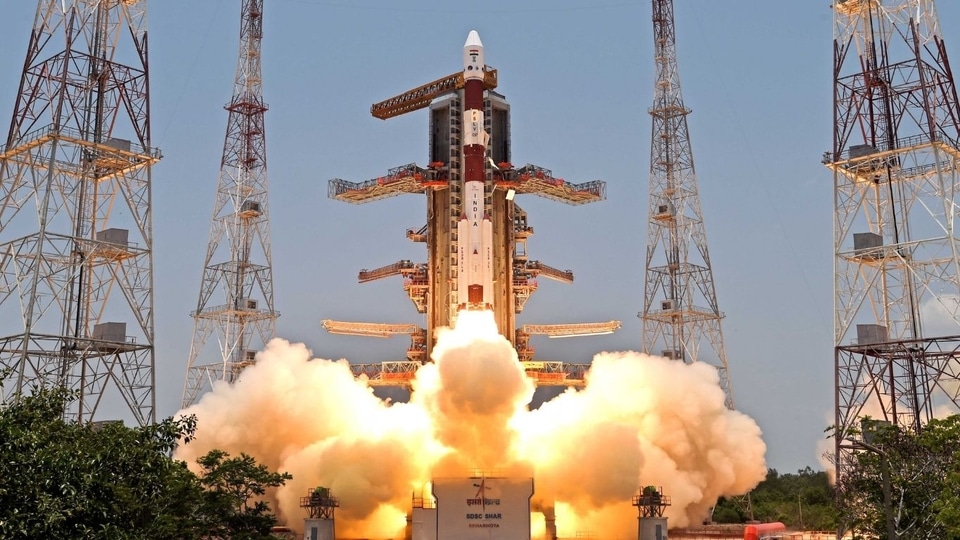
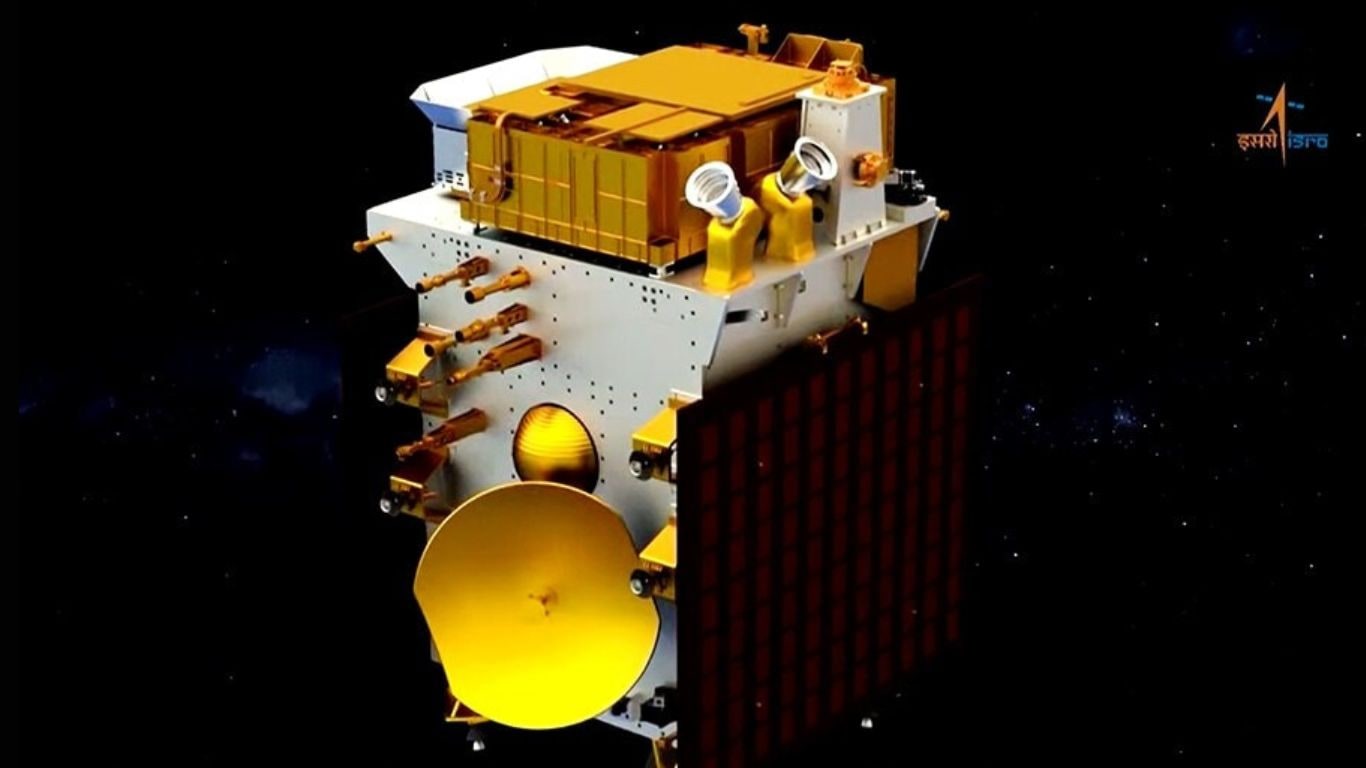
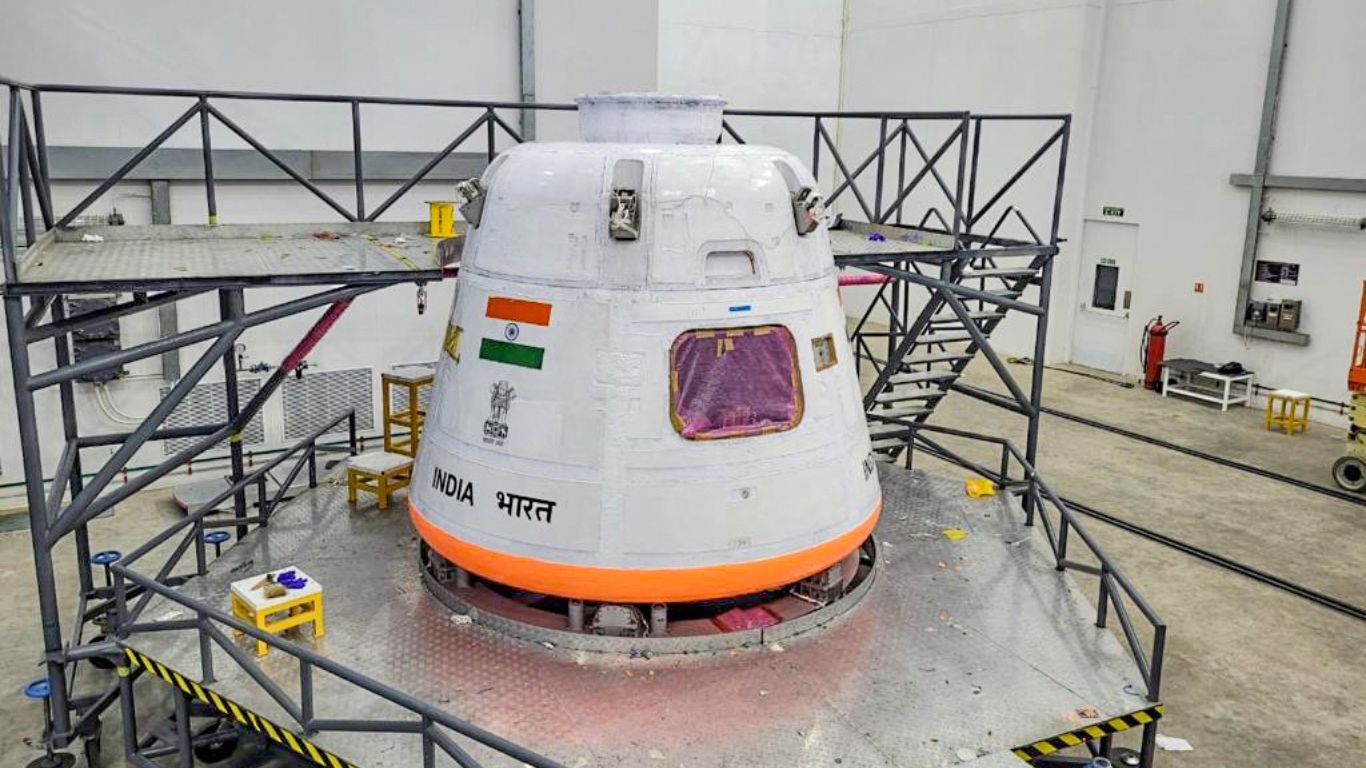
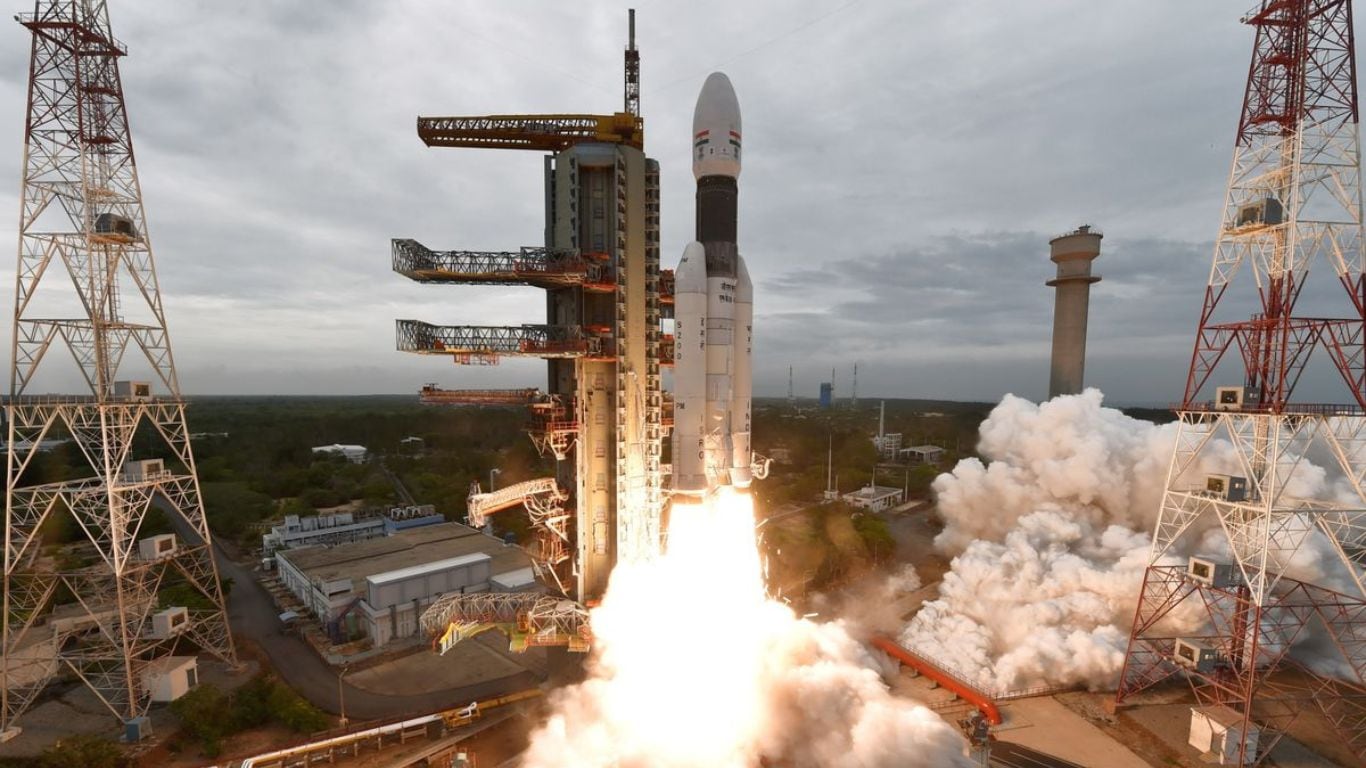
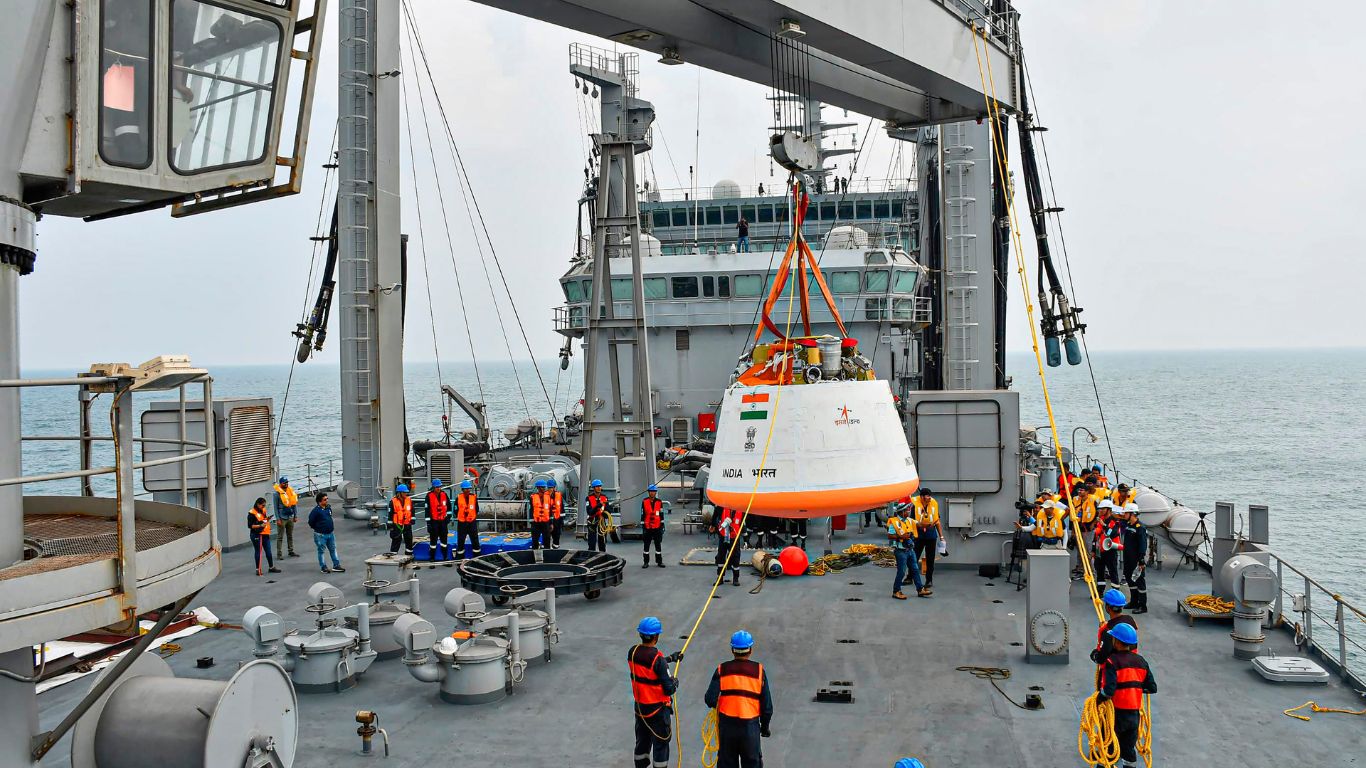
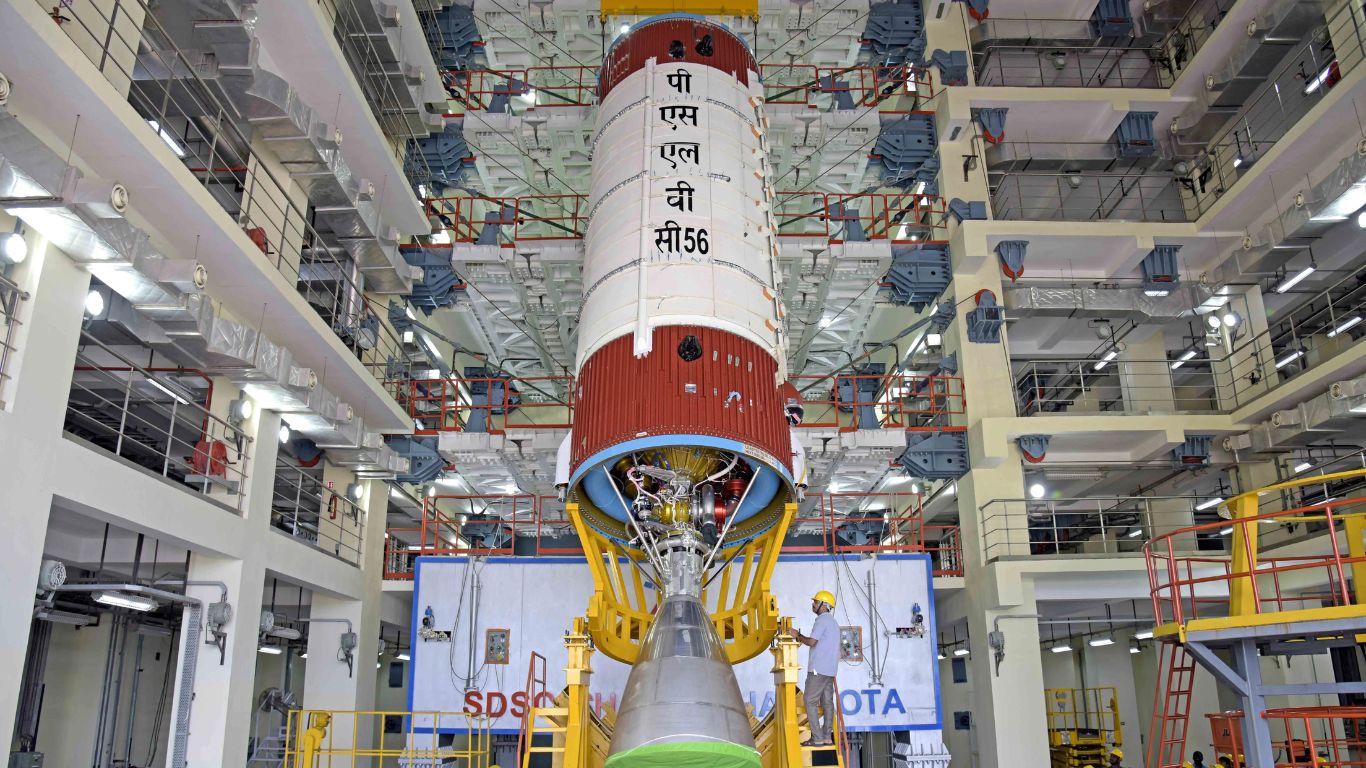

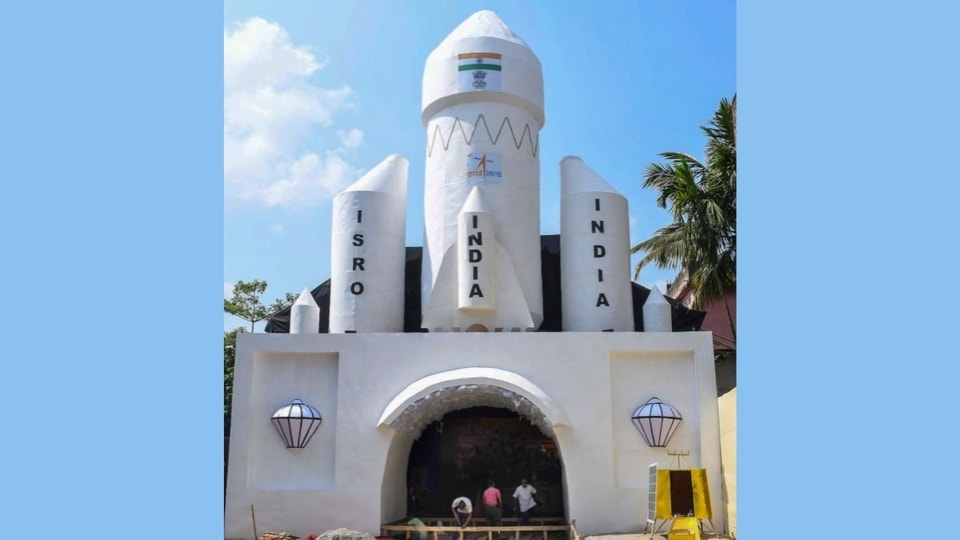
 View all Images
View all ImagesIndia gears up for a stellar 2024 in science, from space missions and cutting-edge satellites by ISRO to ambitious research stations in Antarctica, the Arctic and more.
Story: In the coming year, India is embarking on ambitious scientific endeavors, ranging from ISRO looking to send humans into space and other agencies looking to go undersea. To start it all on a positive note, the Indian Space Research Organisation (ISRO) has just launched the X-Ray Polarimeter Satellite (XPoSat) on January 1, 2024 aiming to unlock the mysteries of X-rays and delve into the enigmatic world of black holes.
But that's not all – the Aditya-L1 mission satellite will be inserted at the Lagrange Point-1 on January 6, providing an uninterrupted view of the sun for five years. Additionally, the NISAR satellite, a joint project by NASA and ISRO, will be launched to study climate change, making it the most expensive earth imaging satellite ever made, according to a PTI report.
We are now on WhatsApp. Click to join.
Recapping the achievements of the past year, India successfully launched the Chandrayaan-3 mission, soft-landing near the moon's south pole. Looking ahead, two unmanned missions under the "Gaganyaan" project are planned, paving the way for an Indian to journey into space in 2025.
Samudrayaan mission
Marking a significant milestone in deep-ocean exploration, India's "Samudrayaan mission" schedules a phased descent. Phase 1 targets 500 meters in March, paving the way for Phase 2's ambitious 6,000-meter goal. The mission's centerpiece, the Matsya 6000, is a three-person submersible capable of sustained operation for 12-16 hours. Its 96-hour oxygen supply and advanced technological capabilities promise unprecedented access to the ocean's deepest secrets.
On the commercial front, private space companies like Skyroot Aerospace and Agnikul Cosmos are gearing up for their first commercial launches in 2024, marking a significant milestone in India's space exploration.
Commercial Space Ventures
Beyond space exploration, Indian startups are making waves – Pixxel plans to launch a constellation of 24 satellites by 2025, while Agnikul Cosmos is preparing for a test flight of its 3D-printed "Agnibaan" rocket.
India's Global Scientific Footprint
The government has also approved participation in major international science projects, including the Laser Interferometer Gravitational-Wave Observatory (LIGO) and the Indo-US collaborative Fermilab initiative. The National Quantum Mission, aimed at advancing quantum technologies, has been given the green light with an estimated cost of over ₹6,000 crore in the next eight years.
In other exciting developments, India announced plans for a new research station, "Maitri-II," in Antarctica, set to start operations in 2029. The country is also expanding its presence in the Arctic with a winter expedition to the Himadri research station.
While these scientific endeavors promise a bright future, the year 2023 saw some unexpected changes, including the shift of Kiren Rijiju to Earth Sciences and the abrupt resignation of the Department of Science and Technology Secretary Srivari Chandrasekhar. The Indian Science Congress, usually inaugurated by the prime minister, has been put on hold following disputes related to the 109th edition organized by the Indian Science Congress Association (ISCA).
Catch all the Latest Tech News, Mobile News, Laptop News, Gaming news, Wearables News , How To News, also keep up with us on Whatsapp channel,Twitter, Facebook, Google News, and Instagram. For our latest videos, subscribe to our YouTube channel.


























